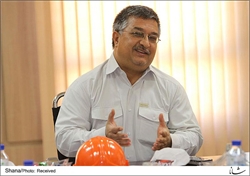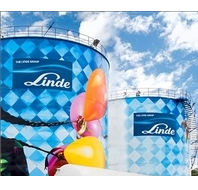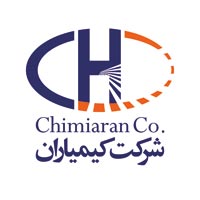
TEHRAN, Nov. 20 (Shana) – Officials of Iran’s Bandar Imam Petrochemical Company (BIPC) and German Linde Company have discussed opportunities of investment in the BIPC.
The BIPC Managing Director Reza Amiri told Shana that regarding inauguration of Linde office in Iran, the two sides’ officials discussed investment, technology transfer and contribution to Iranian BIPC projects.
He said Linde has resumed activity in various fields, including the petrochemical sector, in the Post-JCPOA era.
Managing Director of National Petrochemical Company (NPC) Marzieh Shahdaie had already voiced optimism with return of the foreign companies in the post-JCPOA era.
Shahdaie said Lindeh had just after the JCPOA received many proposals in connection with the EPC and investment in the petrochemical sector.
Source : Shana
about Joint Comprehensive Plan of Action (JCPOA)
The Joint Comprehensive Plan of Action (JCPOA) known commonly as the Iran deal, is an international agreement on the nuclear program of Iran reached in Vienna on 14 July 2015 between Iran, the P5+1 (the five permanent members of the United Nations Security Council—China, France, Russia, United Kingdom, United States—plus Germany), and the European Union.
Formal negotiations toward the Joint Comprehensive Plan of Action on Iran’s nuclear program began with the adoption of the Joint Plan of Action, an interim agreement signed between Iran and the P5+1 countries in November 2013. For the next twenty months, Iran and the P5+1 countries engaged in negotiations, and in April 2015 agreed on a Iran nuclear deal framework for the final agreement and in July 2015, Iran and the P5+1 agreed on the plan.
Under the agreement, Iran agreed to eliminate its stockpile of medium-enriched uranium, cut its stockpile of low-enriched uranium by 98%, and reduce by about two-thirds the number of its gas centrifuges for 13 years. For the next 15 years, Iran will only enrich uranium up to 3.67%. Iran also agreed not to build any new heavy-water facilities for the same period of time. Uranium-enrichment activities will be limited to a single facility using first-generation centrifuges for 10 years. Other facilities will be converted to avoidproliferation risks. To monitor and verify Iran’s compliance with the agreement, the International Atomic Energy Agency (IAEA) will have regular access to all Iranian nuclear facilities. The agreement provides that in return for verifiably abiding by its commitments, Iran will receive relief from U.S., European Union, and United Nations Security Council nuclear-related sanctions.













